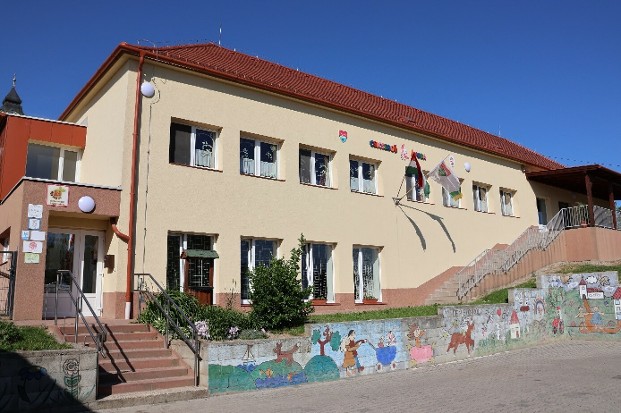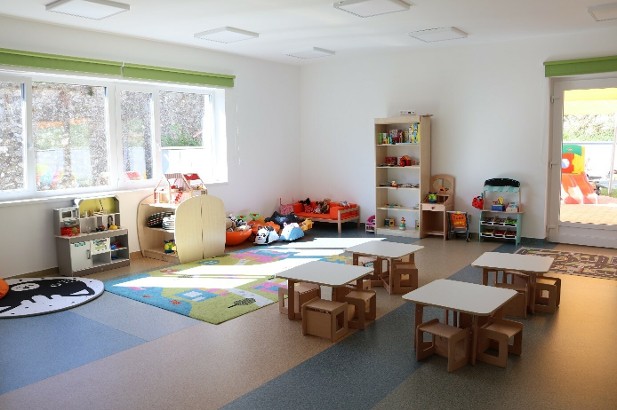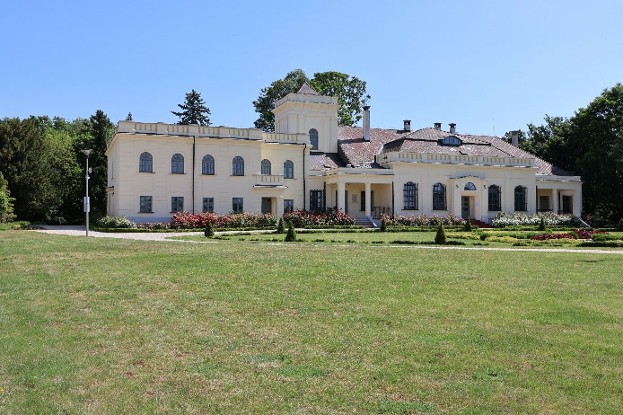Opportunities and good examples of grassroots initiatives in public service delivery

Attila Nagy
Of Hungary's 3,177 municipalities, 2,340 have fewer than 2,000 inhabitants. The total number of people living in settlements with less than 2,000 inhabitants is the same as in Budapest, about 1.68 million people.
The acceleration of urbanisation between 1990 and 2000 led to a dynamic decline in village population. The largest population decrease occurred in lagging regions. Changes were therefore needed, to make small settlements viable if rural Hungary was to survive.
In 2014, in our village of Csetény in Veszprém County (50 km from four county capitals), with a population of 1,775, we identified four priority areas that, if developed, could contribute to the survival of our village, as well as to the strengthening and expansion of the number and quality of the services available in the micro-region.
Development and provision of basic education facilities
When someone decides to settle, the needs of their children come first. Therefore, the first and most important step in fostering settlement is to create opportunities for young people that make remaining there appealing. It is necessary to provide nursery, kindergarten and primary school services to encourage young people to stay.
Currently, there are three nursery groups (31 children), three kindergarten groups (86 children) and eight primary school classes (168 children) in our village.
To ensure a sustainable, long-term economic operation, we have advertised our services in the surrounding villages and have achieved an occupancy rate of over 100%. The services are used by five villages in the micro-region.
Improving health services
Access to local medical services and pharmacies is vital for the entire population. The first step was to upgrade the equipment, not the building housing the health service. Diagnostic equipment has been purposefully purchased, including an ultrasound machine acquired through a community partnership in 2019.
The property has been developed by expanding the specialist departments and opening a dental practice, where the dentist will be on-site to serve the local population from October 2024.
Recently, there has been a growing focus on the provision of preventive services and sports facilities that could potentially improve the quality of life.
Developing the economy
Increasing job creation and employment is a key element in maintaining the viability of rural areas. To gain a better understanding of the labour market, a study was carried out to process employment data from the micro-region and to assess workers' job preferences. The results showed that job preferences were ranked in the following order: basic income, proximity to work, fringe benefits, humane bosses, other factors.
It was found that of the 5,562 people of working age in the area, we could safely guarantee 250-300 jobs for a medium to large company in an industrial area we are developing.

Kindergarten Csicserg? of Csetény, 2024.
© Tünde Nagy-Boros, Municipality of Csetény
Csetény is a service-oriented village where success is measured by the satisfaction of its residents.
The study resulted in a project called Jobs for the workforce. As part of the project, our municipality developed four plots with public utilities on 2 hectares of industrial land. We organised investor forums, which resulted in the construction of a 1,700 m2 production hall built to the employer's specifications, which currently employs over 100 workers. The workers come from eight municipalities within a 7 km radius.
The project in Hungary is unique and has exceeded the expectations of all parties involved. The employees are satisfied, the employer is pleased with the level of productivity and quality, and the local government is satisfied with the tax revenue.
Job preferences were ranked in the following order: basic income, proximity to work, fringe benefits, humane bosses, other factors.

Group room in Kindergarten and Nursery Csicserg? of Csetény, 2024,
© Tünde Nagy-Boros, Municipality of Csetény
The services provided by the municipality contribute to the fact that local small and medium-sized enterprises do not have any problems with human resources. Currently, 400 of the 1,200 people of working age in Csetény are employed locally, which is an outstanding figure for a village.
Tourism development
Tourism in the Bakony Mountains, where Csetény is situated, is not the main source of income, but a supplementary one. The Holitscher Castle, the renovation of which was completed in 2021, is situated in our village. It has permanent and temporary exhibitions, a library and three event halls. The castle?s sustainability is partly ensured by conference tourism. Catering is provided by the municipal canteen. Sustainability in this case is also based on a combination of maximum occupancy and responsible management. From autumn 2024, the two-room cellar under the castle will be used as a wedding and event venue, further expanding the range of services available in the area.

Holitscher Castle and Visitor Centre, 2024,
© Tünde Nagy-Boros, Municipality of Csetény
We can now say that, in 10 years, the area has become a model community that is dedicated to providing high quality local and regional services.
One of Henry Ford's key principles was that: "Service is more important than profit; profit is not the goal, it is the result of service". Csetény is a service-oriented village where success is measured by the satisfaction of its residents. Our mission is to improve the quality of services in the village and the surrounding area and to secure the future of the region for our children.
Attila Nagy, Mayor of Csetény